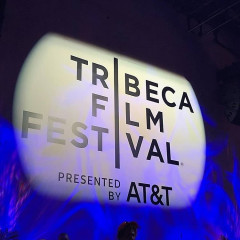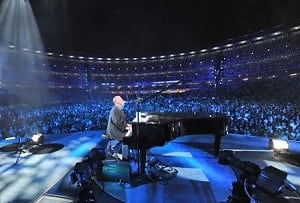 Billy Joel says in The Last Play At Shea, “I don’t look like a rock star.” He’s right, but Paul Crowder’s documentary about Joel bringing down the house at Shea just before the wrecking ball did, explains why he’s sold 100 million records despite that. It will appeal even to people who didn’t contribute to that number.-
Billy Joel says in The Last Play At Shea, “I don’t look like a rock star.” He’s right, but Paul Crowder’s documentary about Joel bringing down the house at Shea just before the wrecking ball did, explains why he’s sold 100 million records despite that. It will appeal even to people who didn’t contribute to that number.-
Last Play At Shea weaves the histories of Joel, Shea Stadium, the Mets and New York together. The technique sounds grandiose, but is done effectively and convincingly. After all, it was The Beatles’ earth-shaking 1965 performance at the ballpark that convinced a 15-year old Joel to go into rock. Like him, “They weren’t movie stars. They looked like normal guys.” 43 years later, Joel (with some surprise help from Paul McCartney) played the final concert at the Queens landmark.
There are also parallels between Joel’s blue-collar Levittown background—one of the unexpected pleasures of the movie is its breezy but fascinating synopsis of New York urban and suburban planning in the ‘50s—, the perennial underdog Mets and their “dump” of a home. Shea is called an “architectural mistake” in the movie, with one Mets employee admitting, “There are 55,000 seats in the stadium and maybe 3,000 good ones.” When it opened, the only team that would consider moving in was “the worst one in major league baseball.”
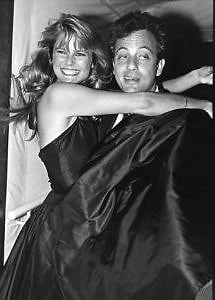 Joel’s many career hitches (his debut album was recorded at the wrong speed, a longtime manager bankrupted him) and personal setbacks (he talks about his drinking problem and famous divorces) mirror the infamously seesawing fortunes of the Mets. On the other hand, triumphs like Joel’s marriage to Christie Brinkley (the female embodiment of a golden child Yankee if ever there was one) and the Mets' 1986 World Series win are uncannily synchronized.
Joel’s many career hitches (his debut album was recorded at the wrong speed, a longtime manager bankrupted him) and personal setbacks (he talks about his drinking problem and famous divorces) mirror the infamously seesawing fortunes of the Mets. On the other hand, triumphs like Joel’s marriage to Christie Brinkley (the female embodiment of a golden child Yankee if ever there was one) and the Mets' 1986 World Series win are uncannily synchronized.
Producer Steve Cohen says that Joel, a student of history, was “loath to film and release a ‘concert movie.’” As a result, the footage from his July 2008 performance doesn’t hog the film, but steers its biographical progression. For example, we see Joel perform “New York State of Mind” as the movie details his supportive move back to New York from L.A. at the moment NYC seemed ready to implode in the late ‘70s.
Joel fanatics might have preferred a more traditional concert film, although they get plenty of Brenda and Eddie. And some will call the music-as-life-as-music motif heavy-handed. But it worked well for me. Joel is quietly engaging. He might not have an outsized personality like Joan Rivers, another New York celebrity with a documentary at the Tribeca Film Festival, but matches her in self-deprecation and smarts.
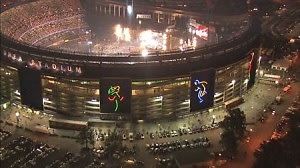 Last Play At Shea is smart too. And, unlike Joel—I’m not being mean, but he mentions it several times—great-looking. Roderick Santiago’s crisp cinematography makes New York City shine, although Billy might regret not requesting a softer focus during his sweaty performances.
Last Play At Shea is smart too. And, unlike Joel—I’m not being mean, but he mentions it several times—great-looking. Roderick Santiago’s crisp cinematography makes New York City shine, although Billy might regret not requesting a softer focus during his sweaty performances.
I loved the movie even though I’m at best a casual Billy Joel fan and was raised in a Yankees family. Last Play At Shea, with its narrator Alec Baldwin, tells the story of the last half-century in New York, from Robert Moses to 9/11, without feeling like a history lesson. And it convinces you that Joel and the Mets deserve their lofty places in it.
See additional screenings here.
Photo 2 via


.jpg)
.jpg)



.jpg)
.jpg)
.jpg)

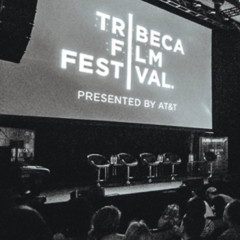
.jpg)
